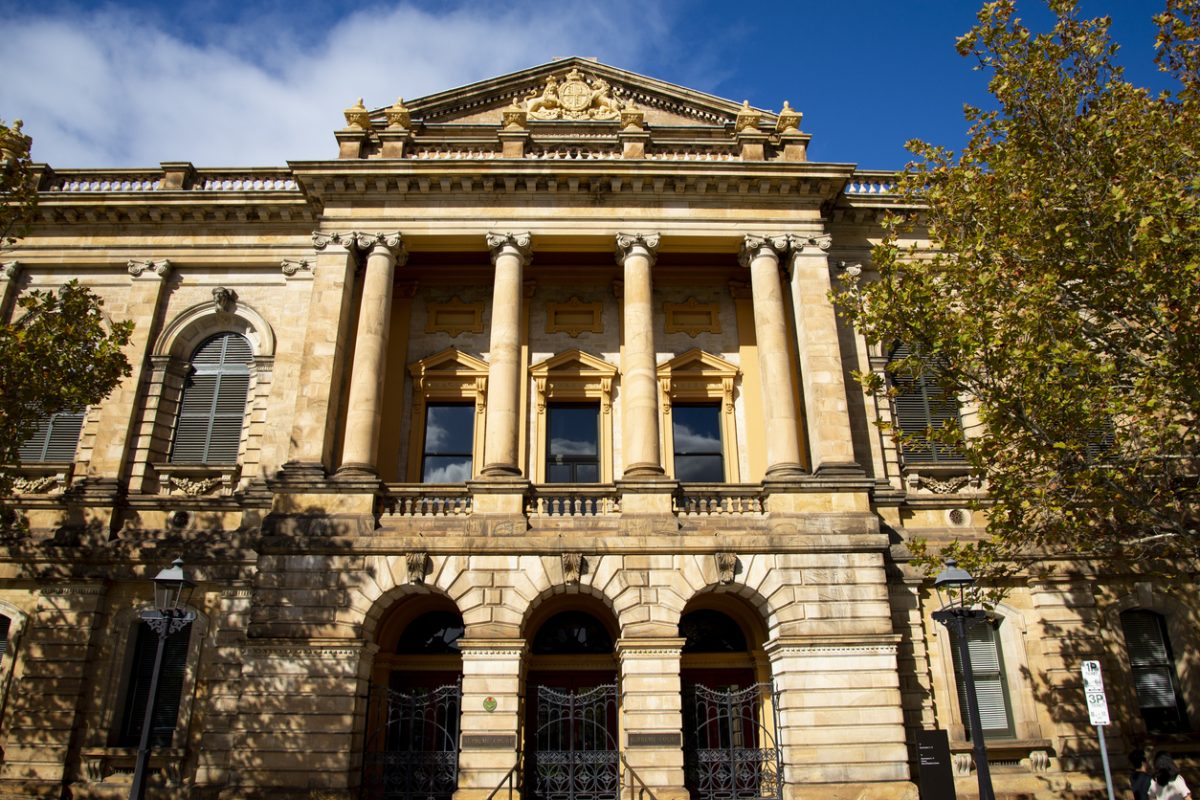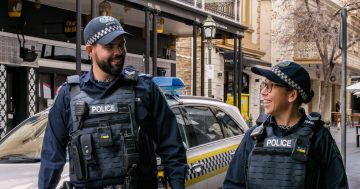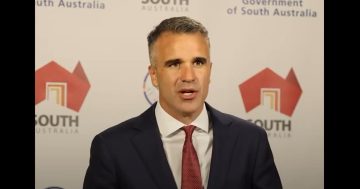
The proposed legislation would also give parents the ability to check whether people who have “unsupervised contact” with their children have any history of sexual abuse offences. Photo: Photon Photos.
The South Australian Government will introduce legislation today (29 August) that would establish a register of child sex offenders that would be available to the public.
Based on Western Australia’s own database created in 2012, it would allow residents who provided their name and driver’s licence details to request information about registered sex offenders living in their area. The proposed legislation is part of a suite of amendments to child sex offence laws, including lifetime electronic monitoring and indefinite imprisonment for repeat child sex offenders.
Premier Peter Malinauskas said there would be elements of the proposition that would be controversial and would be opposed.
“But be under no misapprehension — when this government is given a choice between protecting the interests of children over and above protecting the interests of a child sex offender, we’re looking after the kids because that is our duty, that is our responsibility.”
In addition to the register, the legislation would strengthen the powers available to SA Police in dealing with registered child sex offenders.
Attorney-General Kyam Maher said they were expanding the search provisions available to police, so they could exercise their powers with respect to any registered offender while being compliant with their obligations under the act.
He also clarified the proposed ability for parents to check whether people who had “unsupervised contact” with their children had any history of sexual abuse offences.
“It could be a Scout group leader, it could be someone from a church, it could be a sporting coach who takes someone away to tournaments – anyone who has unsupervised access for more than three days a year to that child.
“The Police Commissioner will be in the best placed position with the resources they have to assess those applications and to provide that information to the person concerned. But that third tier has protections so that a person can’t pass that information along further as well.”
This last point is in light of concerns that a public register might incite acts of vigilantism, something Premier Malinauskas wanted to dispel.
“Naturally the government has had to think through the crafting of this legislation very carefully because what the legislation does not want to see is any acts of vigilantism within the community,” he said. “We are replicating [the WA] model in such a way that doesn’t actually undermine community safety.
“This is only about enhancing community safety.”
Under the register, there would be a three-tiered disclosure scheme allowing Police Commissioner Grant Stevens to publish:
- Any or all personal details, including a photograph, of a registrable offender whose whereabouts is unknown and who has failed to comply with reporting obligations or has provided false or misleading information
- Photographs of dangerous and high-risk offenders living in the same suburb or town as an individual who applies for them
- Information about an individual who has unsupervised contact with a child in response to an application from the child’s parent or guardian.
This information will be made available through the planned ‘Digital Police Station’, which the government dedicated $19 million over four years towards in its 2024-25 State Budget.
The online system will provide a range of services currently only available from a police station, which includes lodging national police certificate requests, freedom of information requests, vehicle collision reports and clamping and impounding payments.
Once fully implemented with the public register, it’s expected to release the equivalent of 47 police officers and staff back to operational duties.







